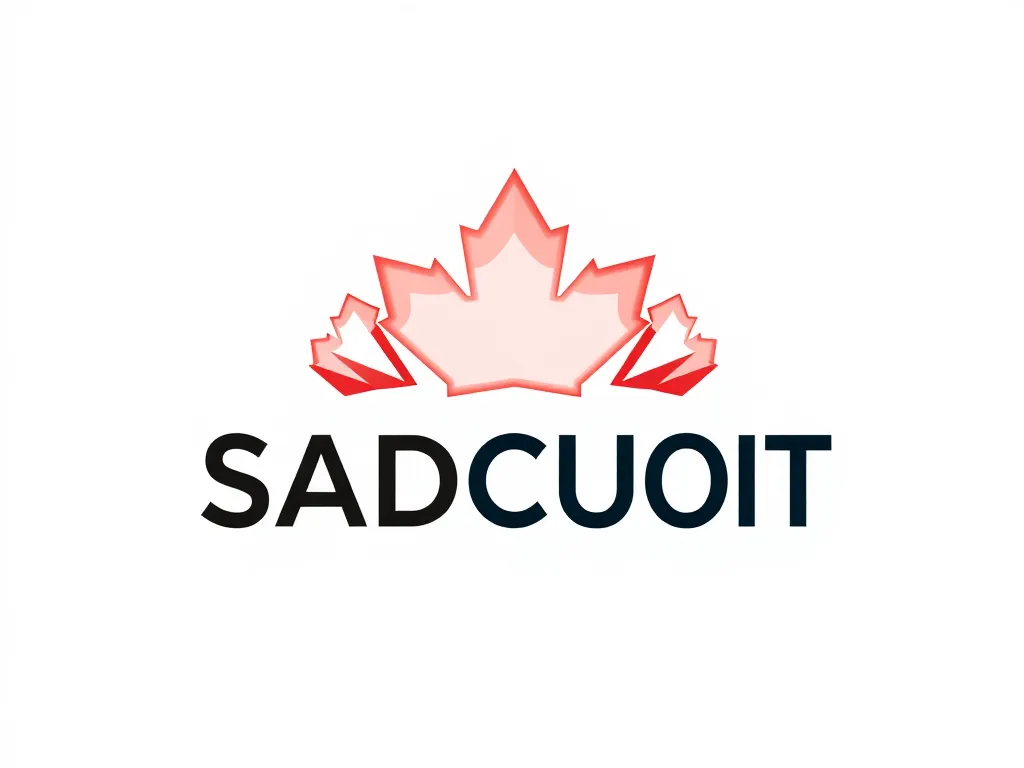Innovative Strategies in Future Waste Management Solutions

Future Waste Management: Embracing a Sustainable Path Forward
As we progress through the 21st century, Future waste management is becoming an increasingly pressing issue for urban and rural areas alike. With the global population projected to reach 9.7 billion by 2050, the amount of waste generated is expected to double. This looming crisis demands innovative solutions to manage waste sustainably and effectively, ensuring a cleaner and healthier planet for future generations. The landscape of waste management is rapidly evolving, incorporating new technologies, sustainable practices, and robust policies aimed at combating the waste crisis.
The Future waste management paradigm is shifting towards a more integrated approach that combines technological innovations, sustainable practices, and community engagement. Everyone has a role to play in the future of waste management, from government initiatives to local community efforts. It requires a balance between economic growth and environmental sustainability, focusing on reducing waste generation while maximizing the efficiency of waste processing. By understanding and addressing the challenges associated with waste management, society can pave the way for a more sustainable future.
One of the most significant advancements in Future waste management is the application of technology to streamline processes and minimize waste output. Smart waste collection systems are being developed to optimize collection routes, reducing carbon emissions and operational costs. Moreover, AI and machine learning are revolutionizing waste sorting by improving the accuracy and efficiency of recycling processes. Technologies like waste-to-energy are also emerging, converting waste into renewable energy sources, thereby reducing landfill dependency.
Sustainable practices play an indispensable role in Future waste management. The zero waste lifestyle promotes the idea of reducing, reusing, and recycling, wherein individuals and communities strive to send no waste to landfills. Circular economy principles foster a mindset shift, viewing waste as a resource rather than a problem. Upcycling and recycling initiatives can breathe new life into discarded materials, while community composting projects can significantly reduce organic waste in landfills. Furthermore, educational campaigns on waste reduction empower individuals to make informed choices regarding their consumption and waste habits.
Policy and regulation are vital for implementing effective Future waste management strategies. Governments worldwide are initiating programs focused on waste reduction, through incentives for recycling and penalties for excessive waste generation. International agreements facilitate cooperation among nations regarding hazardous waste management and promote the sharing of best practices. Corporate responsibility is also gaining traction, with businesses adopting sustainable practices to mitigate their waste footprint. As we look to the future, a legislative framework that promotes sustainable waste practices is essential for meaningful change.
Effective Waste management is crucial for sustainable development, as it minimizes environmental impact and promotes resource recovery.
Technological Innovations
Smart waste collection systems utilize data analytics and IoT devices to streamline waste collection processes. These systems optimize collection routes, reducing fuel consumption and greenhouse gas emissions. Sensors in waste bins monitor fill levels, ensuring timely pickups and preventing overflow. By enhancing operational efficiency, smart waste collection systems contribute significantly to Future waste management efforts.
AI and machine learning are being employed in waste sorting facilities to improve recycling accuracy. By using advanced algorithms and image recognition technology, these systems can identify different materials and sort them more effectively than human workers. This technological advancement not only accelerates the recycling process but also increases the quantity and quality of recycled materials, thereby promoting sustainability.
The introduction of biodegradable materials and products is crucial for environmentally friendly waste management. Innovations in materials science have led to the development of plastics that break down naturally, reducing landfill accumulation. Biodegradable packaging and products minimize the environmental impact of single-use items, making them a cornerstone of the Future waste management strategy.
Waste-to-energy technology is gaining popularity as an alternative to landfilling. This process involves converting non-recyclable waste materials into usable heat, electricity, or fuel through various methods such as combustion, gasification, or anaerobic digestion. By harnessing the energy content of waste, this technology promotes resource recovery, minimizing the amount of waste that ends up in landfills.
Blockchain technology is emerging as a powerful tool for waste tracking and management. By using decentralized ledgers, stakeholders can have access to transparent data regarding waste generation, processing, and disposal. This level of accountability ensures compliance with waste regulations and encourages responsible waste practices among businesses and communities.
Sustainable Practices
Adopting zero waste lifestyle principles emphasizes the importance of minimizing waste generation at its source. Individuals are encouraged to refuse unnecessary products, reduce single-use items, and repurpose or return materials back into the economy. This approach fosters a culture of conservation and mindfulness surrounding consumption, making it a vital aspect of Future waste management.
The concept of a circular economy seeks to redefine the traditional linear model of take-make-dispose. By promoting reuse, repair, and recycling, the circular economy extends the lifecycle of products, reducing waste generation significantly. This model encourages businesses to design products with end-of-life considerations, ensuring resources are kept in use for as long as possible.
Upcycling and recycling initiatives create value from waste materials, reducing the demand for new raw materials and energy. Community-driven projects that transform discarded items into new products not only contribute to waste reduction but also foster creativity and entrepreneurship. These initiatives are vital for encouraging local involvement in Future waste management efforts.
Community composting projects offer a practical and effective way to manage organic waste at the local level. These projects allow residents to divert kitchen scraps and yard waste from landfills, transforming them into nutrient-rich compost for gardens and landscaping. Community composting not only reduces waste but also encourages environmental education and collaboration among neighbors.
Educational campaigns focused on waste reduction are essential for fostering public awareness and engagement. Through workshops, social media, and public events, communities can share knowledge and practical strategies for minimizing waste. By empowering individuals with information, these campaigns play a crucial role in shaping responsible waste management behaviors.
Policy and Regulation
Governments worldwide are recognizing the need for comprehensive waste reduction strategies. Initiatives such as bans on single-use plastics, increased recycling targets, and investment in waste processing infrastructure are essential components of Future waste management policies. These efforts aim to create systemic changes that promote sustainability and reduce the overall environmental impact of waste.
International waste management agreements play a vital role in addressing global waste challenges. Treaties such as the Basel Convention govern the transboundary movement of hazardous waste, ensuring proper disposal and minimizing environmental harm. Collaborative efforts among nations to share best practices and technology can significantly enhance global waste management efforts.
Corporate responsibility is increasingly becoming a focus within the waste management landscape. Companies are urged to adopt sustainable practices throughout their operations, from reducing packaging waste to implementing recycling programs. As consumers demand greater accountability, businesses must adapt their strategies to align with the principles of Future waste management.
Incentives for sustainable waste practices, including tax breaks or grants for businesses implementing eco-friendly initiatives, can catalyze much-needed changes in waste management behavior. Governments can leverage financial incentives to encourage industries and individuals to participate in waste reduction efforts.
Future trends in waste legislation may include stricter regulations on waste generation, enhanced transparency in waste processing, and increased support for circular economy initiatives. Ongoing engagement with stakeholders in all sectors will be critical to developing effective policies that promote sustainable waste management.
Public Awareness and Education
Communities play a pivotal role in waste management by engaging in local initiatives and collaborative efforts. Grassroots movements can spearhead local clean-up events, recycling drives, and educational campaigns, fostering a sense of ownership and responsibility towards waste reduction within the community.
Educational programs for schools are crucial in instilling waste-conscious habits in the next generation. By integrating sustainability into curricula, students learn about the importance of responsible waste management and can actively participate in related activities, fostering a culture of eco-consciousness from an early age.
Social media campaigns have emerged as effective tools for raising awareness regarding waste reduction. These campaigns can engage individuals by showcasing success stories, sharing tips, and promoting events that encourage sustainable practices. The viral nature of social media helps amplify these messages, reaching a wider audience across different demographics.
Workshops and seminars on sustainability provide valuable opportunities for community members to learn and share knowledge about waste management. These gatherings can feature experts discussing best practices, innovative technologies, and local initiatives, empowering individuals to take action in their own lives and communities.
Volunteering for local clean-up events not only addresses immediate waste concerns but also fosters community bonding and environmental stewardship. Engaging community members in hands-on activities transforms awareness into action, illustrating the tangible impact of collective efforts toward waste management.
Case Studies and Success Stories
Cities around the world are successfully implementing waste management strategies that serve as models for others. For instance, San Francisco has made significant progress towards its goal of becoming a zero waste city by 2030, implementing comprehensive recycling and composting programs that have diverted millions of tons of waste from landfills.
Innovative businesses are leading the charge in reducing waste through sustainable practices. Companies such as TerraCycle offer recycling solutions for typically non-recyclable products, while others have adopted closed-loop manufacturing processes that minimize waste generation and create new products from existing materials.
The impact of grassroots movements on waste management cannot be overlooked. Numerous local initiatives have emerged, advocating for policy changes, raising public awareness, and fostering community engagement. These movements highlight the power of collective action in driving meaningful change in waste management practices.
However, challenges remain in the implementation of waste management strategies. Issues such as funding, infrastructure, and public engagement can hinder progress. Lessons learned from past successes and failures can inform future initiatives, helping to pave the way for innovative approaches to waste management.
The future outlook for waste management is increasingly optimistic, thanks to the combination of technology, sustainable practices, and community engagement. With the right policies and collaborative efforts, societies can turn waste into a resource, creating a more sustainable future for all.
